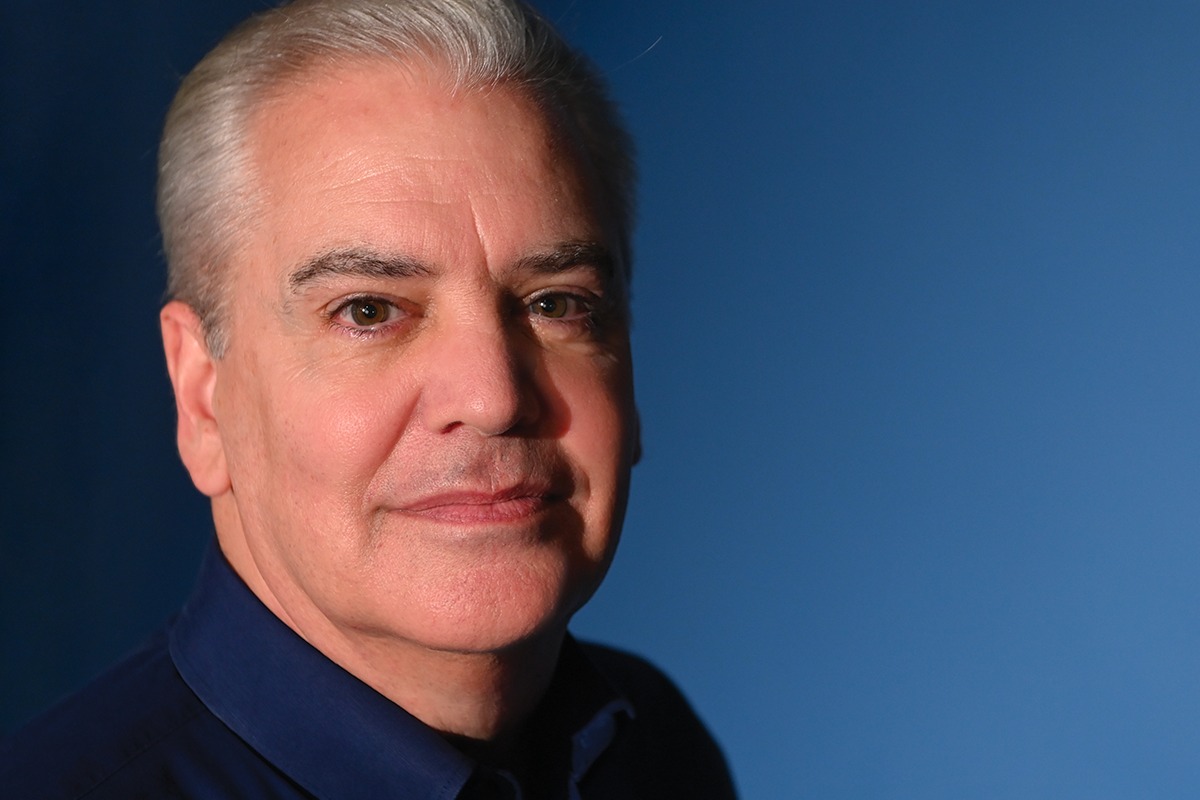

David Jobes, psychology professor and director of the Suicide Prevention Laboratory at The Catholic University of America, contributed significantly to landmark legislation recently introduced to U.S. Congress. The bipartisan bill expands access to critical care to alleviate overextended emergency departments and law enforcement responding to the nation’s growing mental health crisis.
The Stabilization to Prevent Suicide Act (STOP), cosponsored by Rep. Jamie Raskin, D-Maryland, and Rep. Don Bacon, R-Nebraska, was introduced during National Suicide Prevention Month. The bulk of the bill is based on Jobes’ recommendations from his 40 years of experience and research in suicide prevention.
The bill would create a new grant program at the Substance Abuse and Mental Health Services Administration (SAMHSA) for outpatient and virtual crisis care services that can provide immediate interventions and support systems to stabilize people who are suicidal. Amid growing awareness that current infrastructure is inadequate to meet the need for mental health services, this bill would provide a means for innovative, evidence-based care models to expand access to better care.
“The STOP Suicide Act will provide critical funding to increase crisis stabilization services for people struggling with suicidal risk,” said Jobes in a press release from Raskin’s office. “These services will bridge the gap between calling the 988 Suicide & Crisis Lifeline and hospitalization.”
It all started when Jobes contacted Rep. Raskin’s office after his son Tommy Raskin died by suicide during the darkest days of the pandemic. Jobes, one of Raskin’s Maryland constituents, had worked with him and other lawmakers over the years to advocate for better mental health policy at the national level. Shortly after Jobes reached out, Rep. Raskin’s staff asked for his recommendations for how to help the millions suffering with suicidal thoughts.
Four years later, Jobes is proud to see this partnership lead to legislative action. He’s hopeful that innovators such as The Hope Institute, a growing network of centers that use the Collaborative Assessment and Management of Suicidality (CAMS), a care model he developed at the University, will be able to save more lives – thanks to growing awareness that change is possible.
“There’s never been a time like now where the policy is creating opportunities, and we’re not letting mere convention – relying on emergency departments and inpatient admissions – drive what contemporary suicide-focused care should look like,” said Jobes.